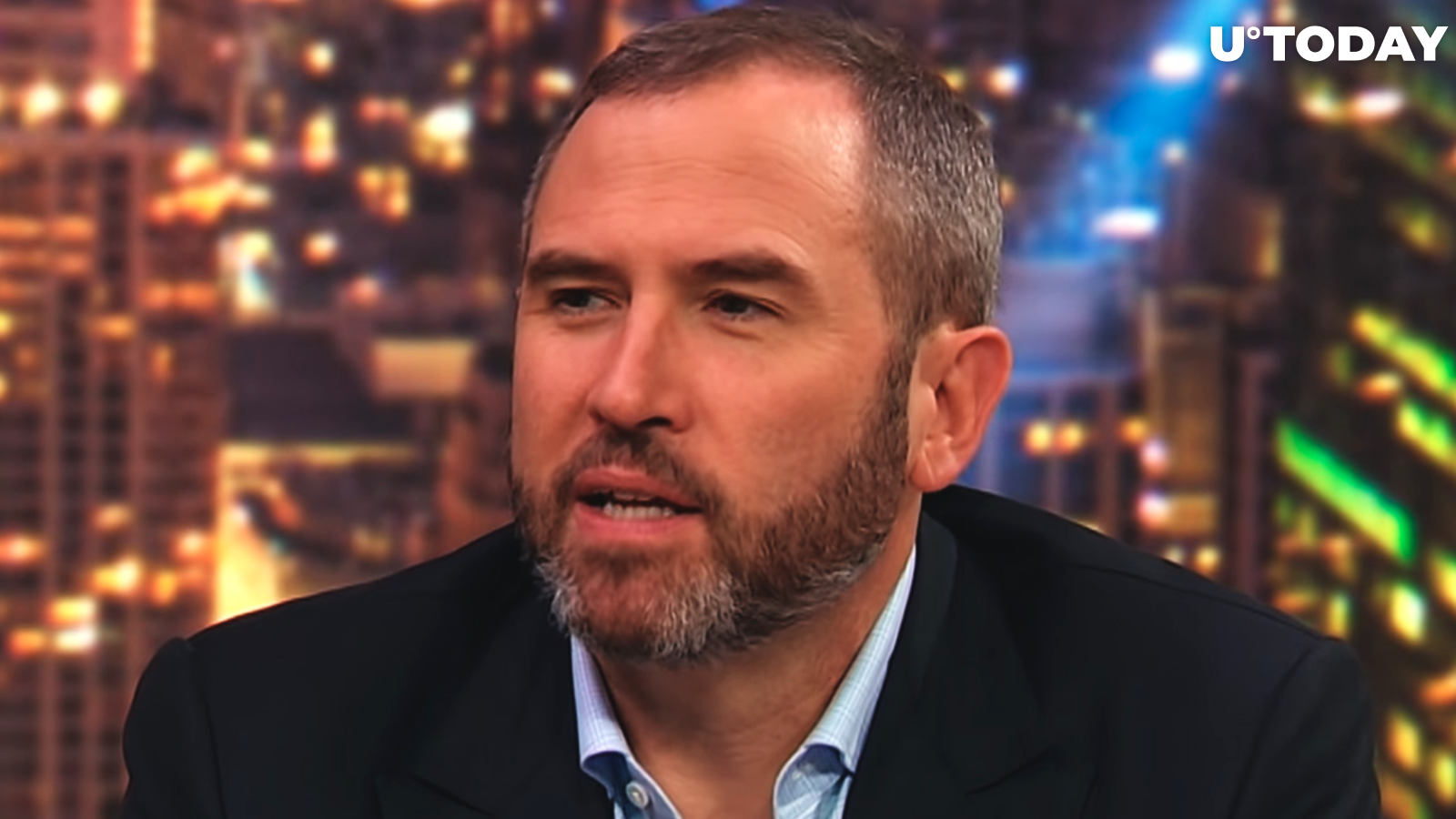OpenAI Shifts to Full-Profit Model to Strengthen AI Leadership and AGI Research
- OpenAI is re-evaluating its business model to embrace a full-profit strategy.
- This shift intends to bolster OpenAI’s financial stability and technological advancements in AI.
- The company is currently valued at approximately $86 billion, aiming to expand its AGI research capacities.
As OpenAI considers a move to a fully profit-driven model, it aims to enhance its financial stability and technological prowess, valued at nearly $86 billion.
OpenAI Eyes Full-Profit Model for Enhanced Competitiveness
In a significant strategic shift, OpenAI is contemplating moving from its current capped-profit model to an entirely for-profit structure. Initially launched as a non-profit, the organization added a capped-profit arm to attract essential funding while maintaining ethical considerations. However, the capped-profit structure limits potential investments, pushing OpenAI to consider a more financially unrestricted approach.
Strategic Board Expansion and Governance Shift
To accompany this potential transformation, OpenAI has expanded its board by adding influential figures from various sectors. Notable appointments include Sue Desmond-Hellmann, former CEO of the Bill and Melinda Gates Foundation, Nicole Seligman, ex-Sony VP, and Fidji Simo, CEO of Instacart. Additionally, Paul Nakasone, retired U.S. Army general and former NSA director, has joined the board, sparking public debate and concerns over privacy and ethics, notably from Edward Snowden.
Controversial Reactions and Ethical Concerns
The revisions at OpenAI have not been without controversy. Public figures such as Elon Musk, who previously supported some of the company’s profit-driven innovations, have openly criticized its recent decisions, including the development of new products like the Sora text-to-video AI platform. Musk’s allegations of a “Breach of Mission” highlight the ongoing scrutiny and debate over OpenAI’s commitment to its foundational principles and the ethical ramifications of its technological strides.
Investment Risks and Stakeholder Communication
Despite the potential for substantial financial gains, OpenAI has consistently advised stakeholders that their investments should be viewed as high-risk, akin to donations. This cautious messaging underscores the unpredictability inherent in the fast-evolving field of artificial intelligence. Moving to a full-profit model might provide greater financial flexibility, but it also necessitates a careful balance of innovation and ethical considerations.
Conclusion
OpenAI’s transition towards a fully for-profit structure marks a pivotal moment in its history, aiming to secure its technological leadership and financial health in an increasingly competitive AI landscape. This shift, accompanied by strategic board expansions and ongoing public scrutiny, encapsulates the complex interplay between innovation, financial imperatives, and ethical responsibilities. As OpenAI navigates this transition, stakeholders are advised to stay informed and critically engaged with the company’s developments.






